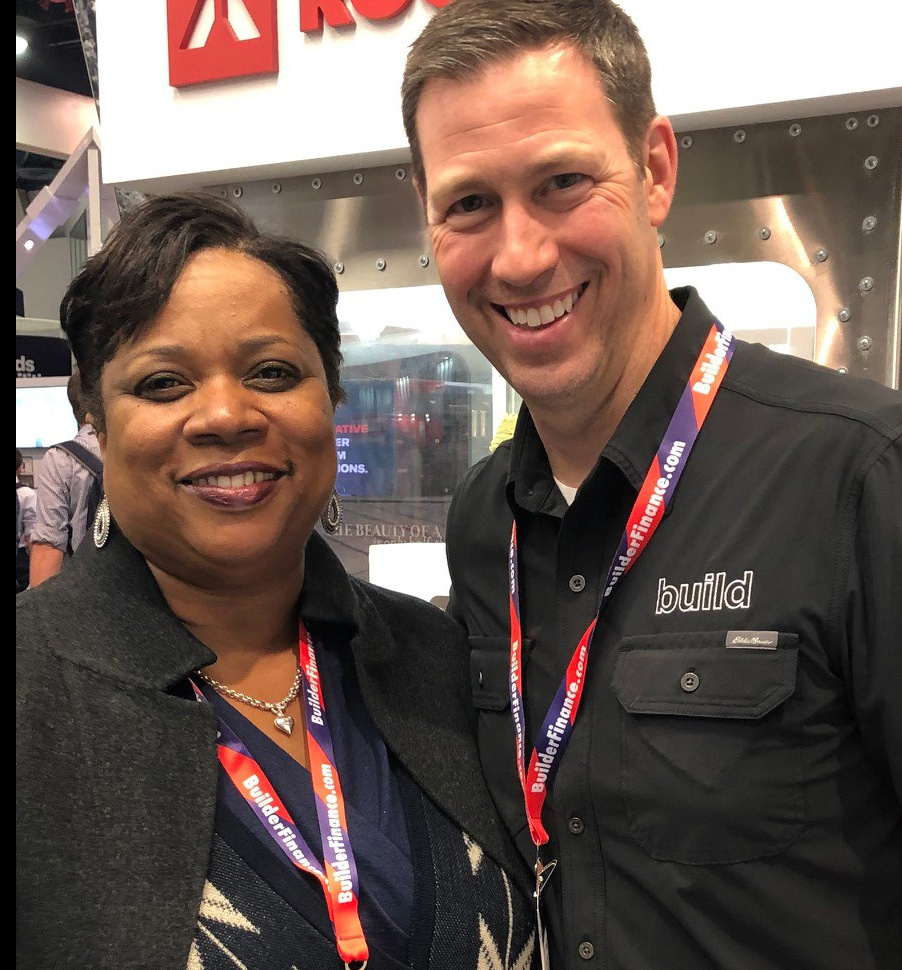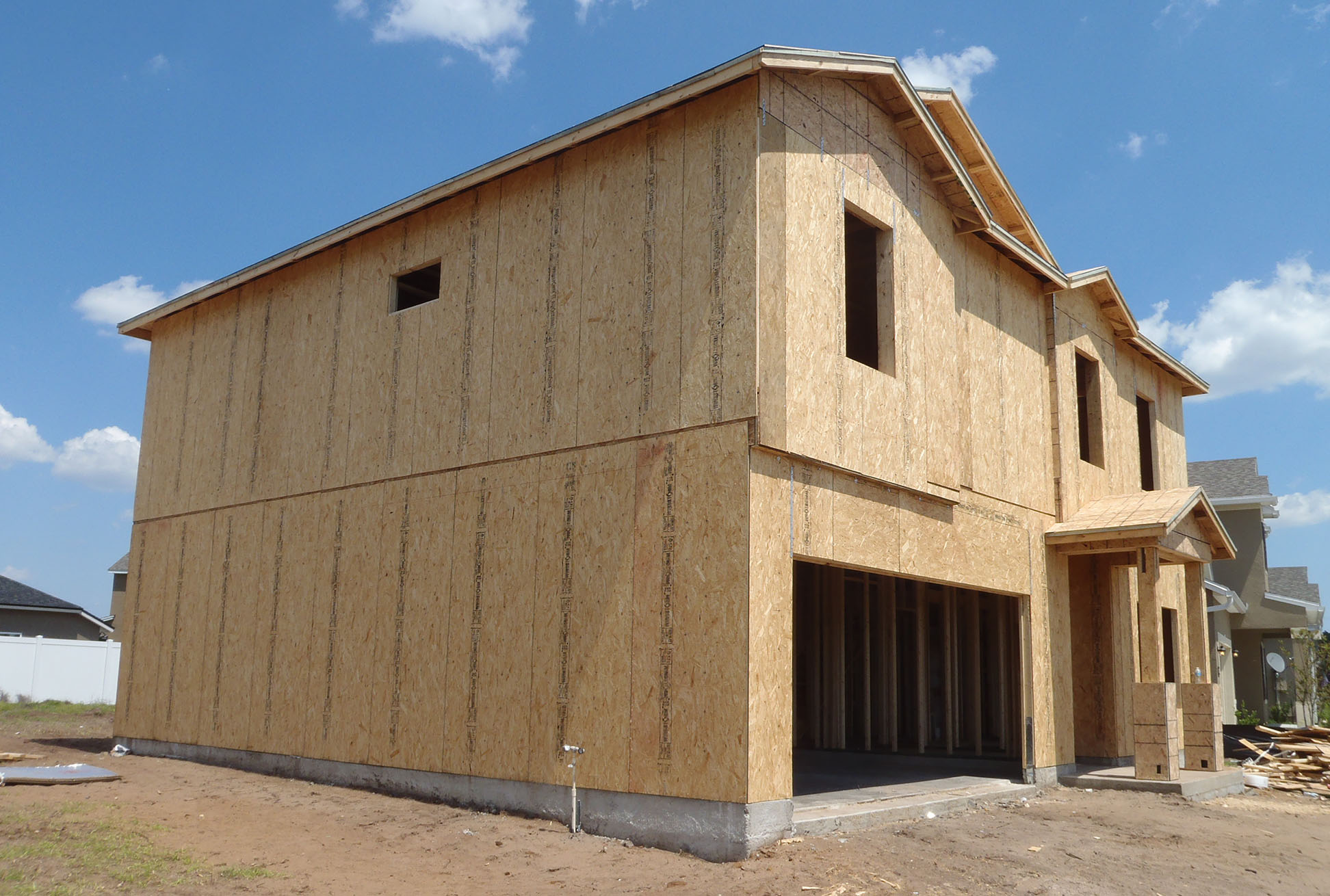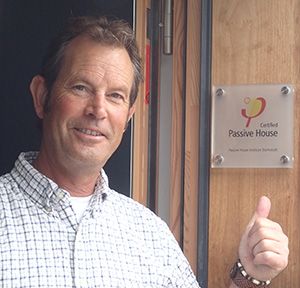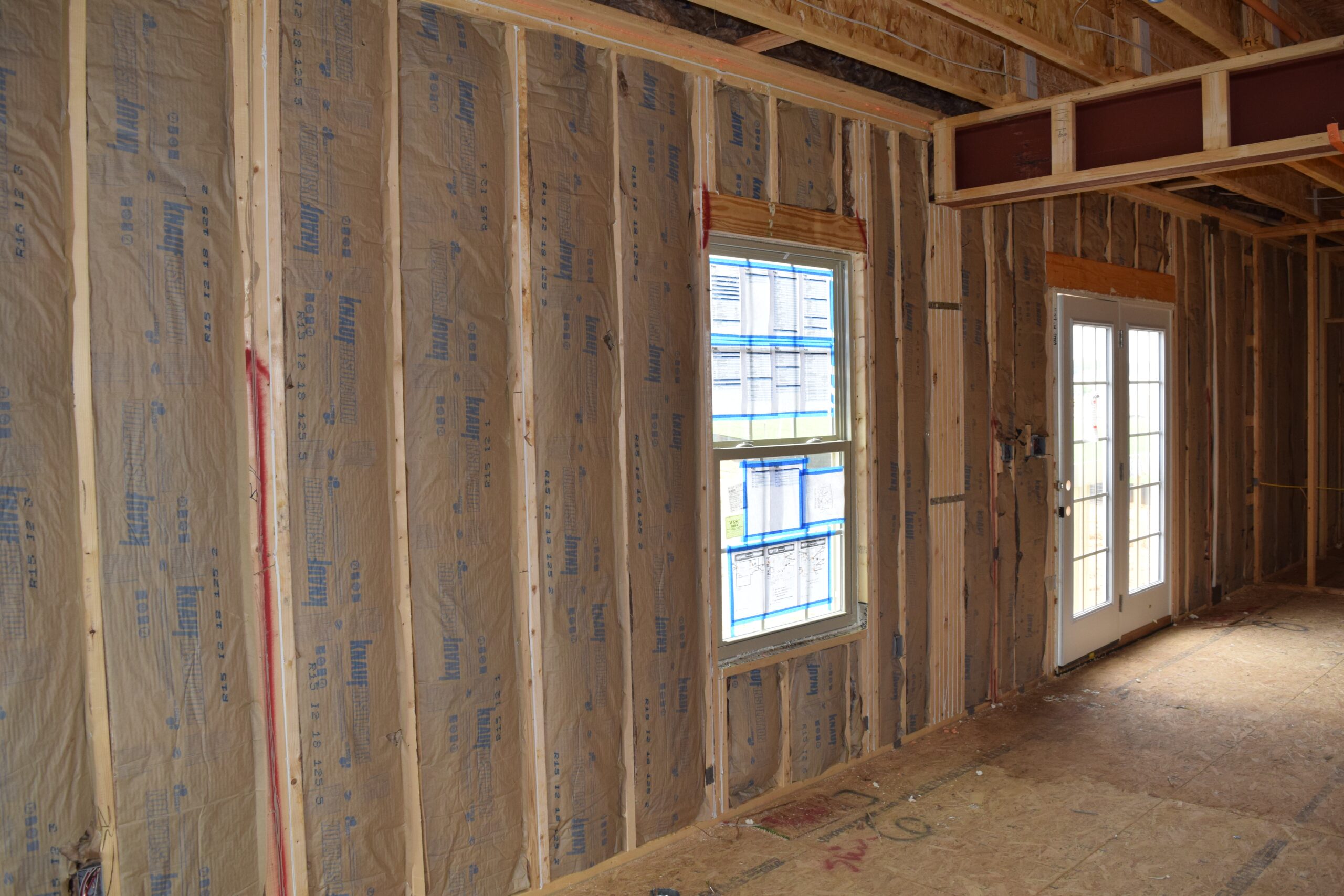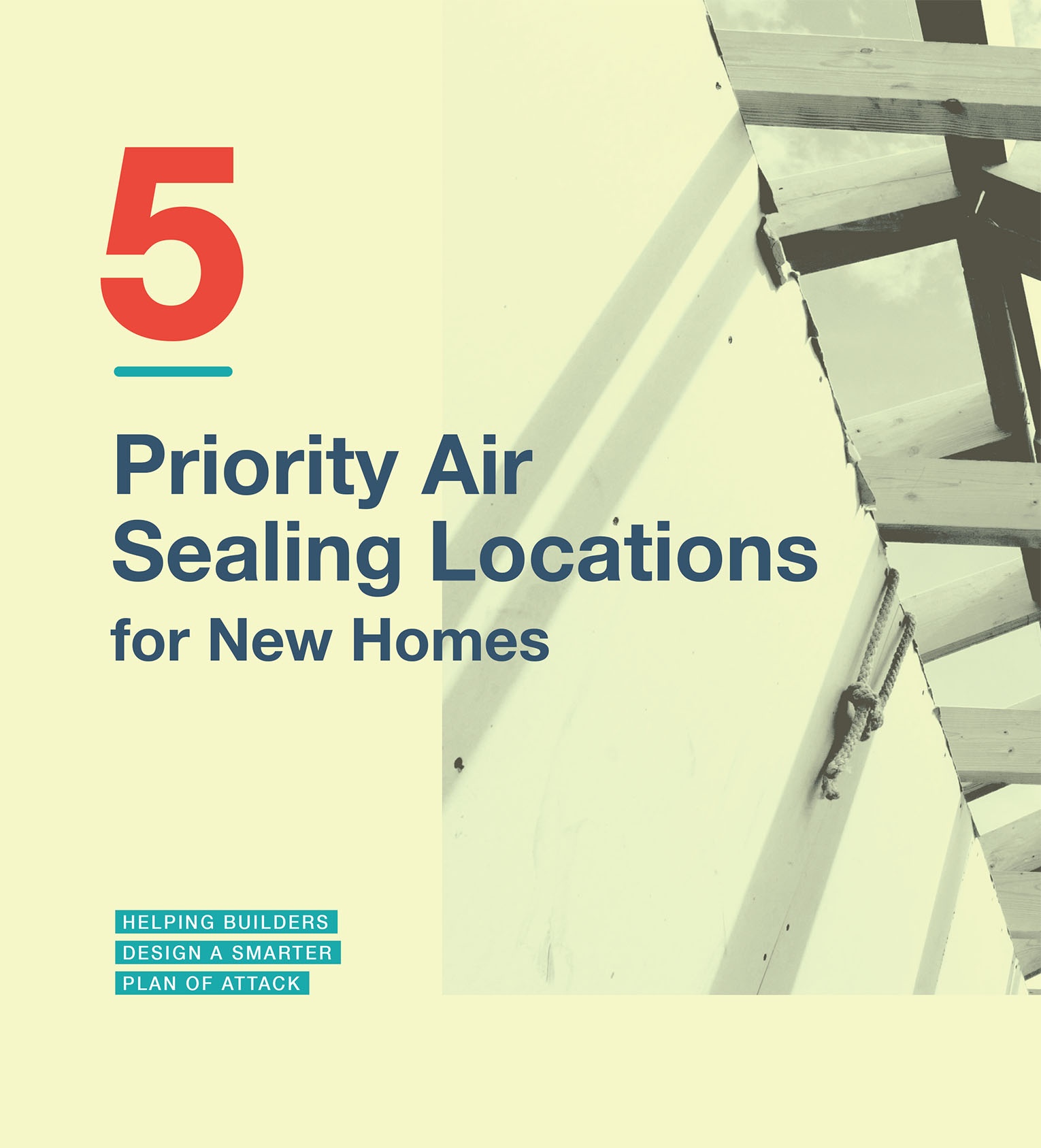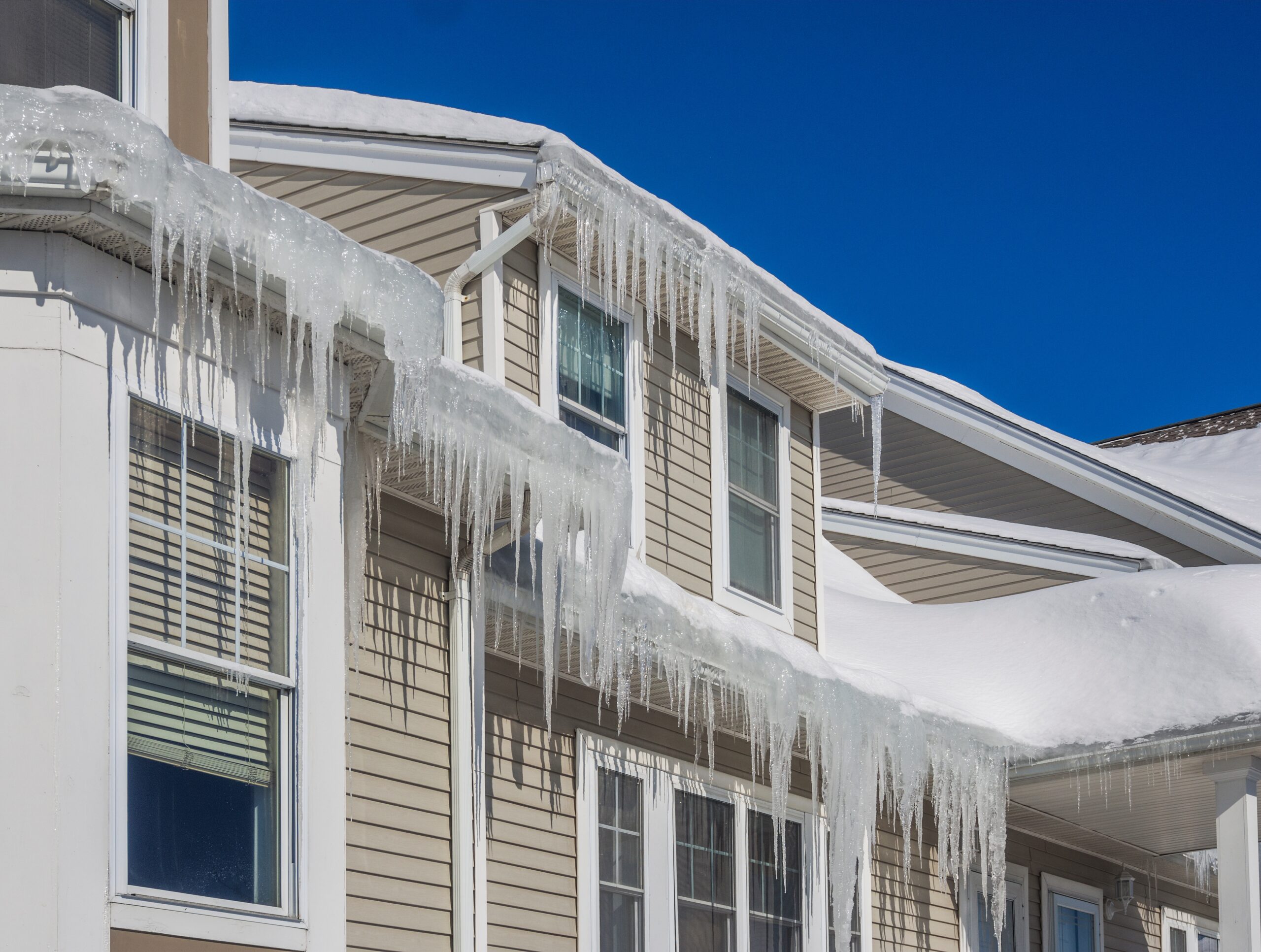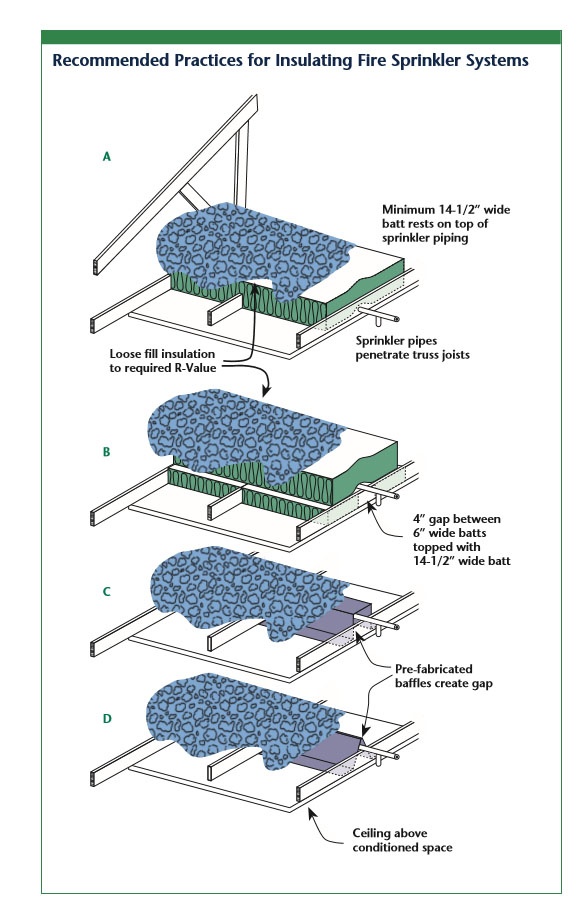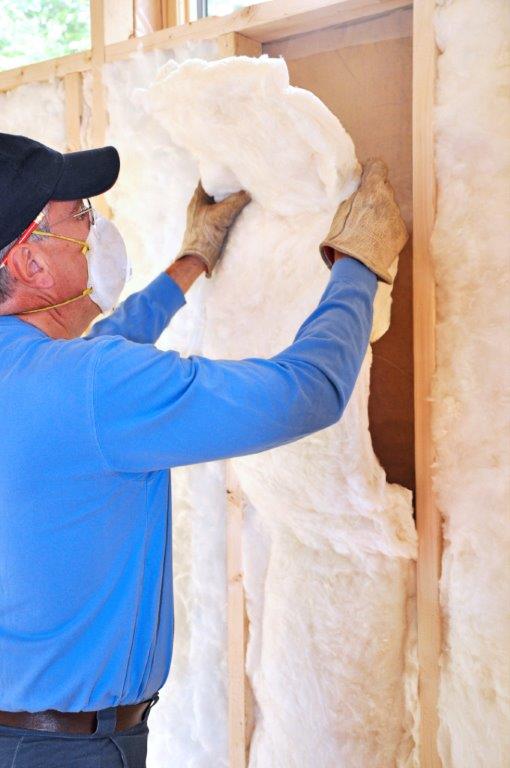Thrive Home Builders is one of the most respected production builders in the country with a multitude of awards and accolades to prove it. The Denver-area company is well-known nationwide for its sustainable, energy-efficient construction, with 100 percent of its homes meeting a minimum of Net Zero Energy Ready status. Thrive commands a 10 to 25 percent price premium for its high-performance new construction homes, so one could assume that every product used in its builds would also come at a price premium. Yet, Thrive CEO and Founder Gene Myers told Insulation Institute that cost-effective blown-in fiberglass insulation is a preferred product in his company’s homes.
Details »Insulation Institute Blog
Posts Categorized: Insulation
Matt Risinger Might’ve Made Our Day!
We at Insulation Institute spend a good deal of our time talking up the benefits of using fiberglass and mineral wool insulation. As much of the content of our blog is geared toward new residential construction, we value connecting with builders who use these products to achieve high-performance new home construction. So, we were thrilled to catch up with Matt Risinger, a Texas home builder and building science enthusiast (and a rock star) who specializes in high-performance, architect-driven home building during the International Builders Show. We’ve heard Matt speak at the International Builders Show in the past and we know his time is a valuable commodity, so we only asked him one question during our brief chat. His answer didn’t disappoint.
Details »Our Top Five Blog Posts of 2018
With 2018 coming to a close, we reviewed the most read blog posts of the year. Air sealing was our most popular topic. With more states adopting stronger energy codes, readers were very interested in how to use high-performance building practices and proper air sealing to achieve new air tightness targets.
Details »Master the Training, Witness the Test
In the quest to meet new energy code requirements of the 2012/15 International Energy Conservation Code (IECC), some builders are finding that passing that all-important blower door test is their biggest challenge. As we’ve reported earlier this year, only 40 to 50 percent of new construction homes that must now meet the 3 ACH50 blower door target will pass the first test, but builders can increase the initial pass rate, according to Cosco Jones, owner of Jones Sustainable Solutions Group. Jones is a HERS rater who’s worked with more than a dozen builders to improve the energy performance of their new construction homes. He offered his advice to builders on how to not only increase the pass rate for blower door testing but also reduce their costs in the process.
Details »Future-Proof Home Construction
In his more than 30 years as a residential building contractor, Jim Iredale focused much of his career on constructing code-built custom homes. That changed in 2012 when he had the opportunity to work on a very high-end project that was designed to meet passive haus (house) standards, and a devotee was born.
Details »Our Insulation Field Trip
The Insulation Institute is committed to addressing and educating the market on quality installation, conducting training sessions and developing an extensive guide on how to get Grade I installation. Since we represent the insulation industry, we like to get out in the field from time-to-time and see how the products our members manufacture are installed.
So, when we had an opportunity to visit two Maryland homes currently under construction just after the insulation had been installed we jumped at the chance.
Details »5 Priority Air Sealing Locations for New Homes
Achieving an energy efficient, durable and comfortable home starts with framing and includes air sealing and insulation. Regardless of the type of insulation used, whole-home air sealing is a must to minimize air leakage and maximize thermal performance. It’s also an essential part of meeting new home airtightness requirements. As states adopt new, more stringent home energy efficiency codes, builders must redouble their efforts to ensure that new homes are properly air sealed. But where are the areas within the building that are leakier than others?
Details »Ice Dams and How to Prevent Them
Any time there are icicles dangling from gutters, it is a sign of a potentially costly and avoidable problem in a home – an ice dam. Ice dams form when the temperature in the attic is above freezing and there is snow on the roof. The snow melts on the roof and drips downward toward the edge and the gutter. If it’s cold enough, it re-freezes at the colder roof edge, which means the water does not drain. This frozen water forms a “dam” which prevents drainage and can cause water to leech back into the home, either into the ceiling/attic or down into the walls below. And that can be a very expensive problem to fix.
Details »Preventing Fire Sprinkler System Freezing
With much of the country currently in the grips of a record-breaking cold snap, homeowners may be supplementing their heat sources with portable heating options that increase the risk of fire. Home sprinkler systems are a key defense against fire spread, but they won’t work if sprinkler system pipes are frozen and water damage from pipes may be just as costly as a house fire. One of the primary ways to reduce the risk of sprinkler system freezing is to properly install mineral fiber insulation. Although insulation alone may not prevent freezing when temperatures are cold enough for an extended period, properly installed insulation can significantly reduce the chance of sprinkler systems freezing.
5 Most Common Insulation Install Flaws
During last month’s Insulation Contractors Association of America Convention, Burgess Construction Consultants reported the results of a recent survey it conducted with more than 100 of the nation’s top production builders. The company sought to identify ways that builders, HERS raters and insulation contractors could work more collaboratively to achieve superior home energy performance.
Details »

